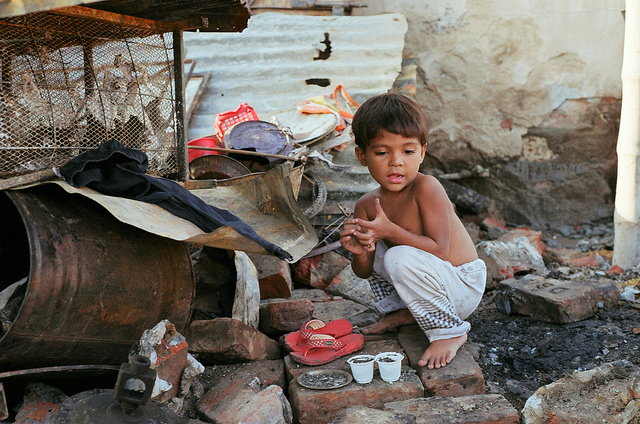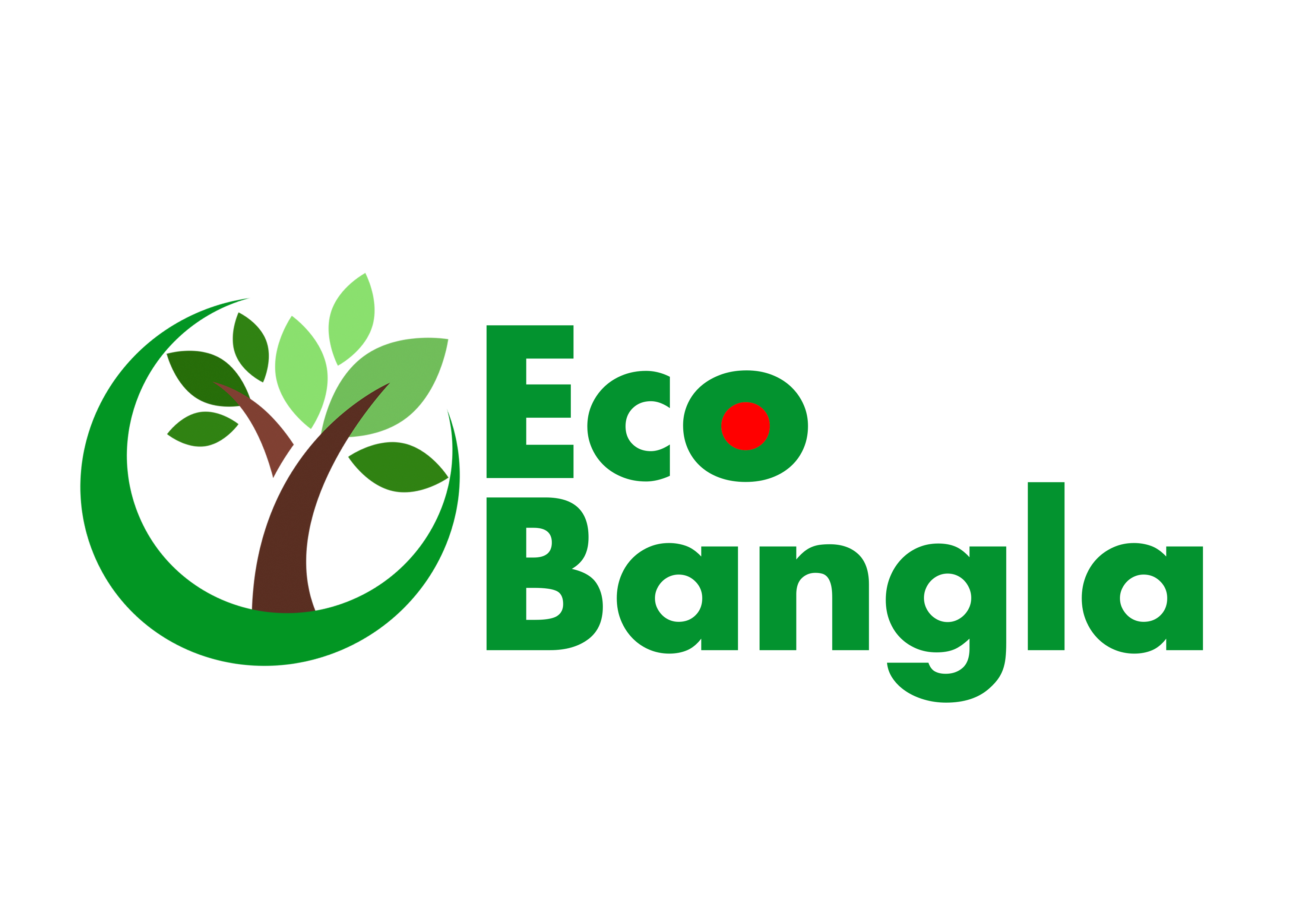Urban Waste Management in Bangladesh: An Overview with a Focus on Dhaka
As one of the fastest urbanising economies in South Asia, Bangladesh has been facing a rapid growth of waste generation.
Administrator
June 27, 2025
6
0
As one of the fastest urbanising economies in South Asia, Bangladesh has been facing a rapid growth of waste generation. In the last three decades, waste volume doubled every 15 years. An average of 55% of solid waste remains uncollected in urban areas, with a variation of collection efficiency from 37% to 77%. The ever-increasing hazardous medical and e-wastes add further burden to the ineffective waste management system. Except for some pilot projects, waste is not segregated formally, contributing to piling up waste and creating pressure on landfills which are not managed sustainably. Urban local government authorities are responsible to manage waste, but show a lack of both capacity and commitment toward proper waste management. Dhaka has to deal with around 6,500 tons of waste daily, which is projected to increase to 8,500 tons by 2032. The city has demonstrated improved performance of waste collection with an average of 77–80% efficiency. While the primary waste collection is done by private contractors, city corporations oversee daily waste transportation from secondary container sites to landfills. They have set up concrete boundary structures in wards to hide accumulated waste from public sight and reduce the spread of stink. However, their dependence on landfills for the final disposal of wastes is a questionable solution for a land-scarce and populous city like Dhaka. Changes in policy, waste minimisation, segregation and recycling at all stages are needed. Ward-based management structure built on community participation and partnership with relevant government, private and international agencies, as well as behavioral changes of waste generators and collectors are also indispensable for creating sustainable solutions to existing waste management problems. Finally, waste management should be dealt through a holistic approach to draw the attention of policymakers and facilitate mobilisation of resources. Improvement in waste management can foster the achievement of SDG 11 (Sustainable Cities and Communities) and help achieve other goals such as SDG 7 (Affordable and Clean Energy).
You Might Also Like

Life in the Shadow of a Toxic Mountain of Plastic Waste

Fighting Waste in Bangladesh By Using Compost
Comments (0)
Please sign in to leave a comment
Join the conversation and share your thoughts!
No comments yet
Be the first to share your thoughts!
Popular Articles
Discover trending eco-news and popular articles from our community.
